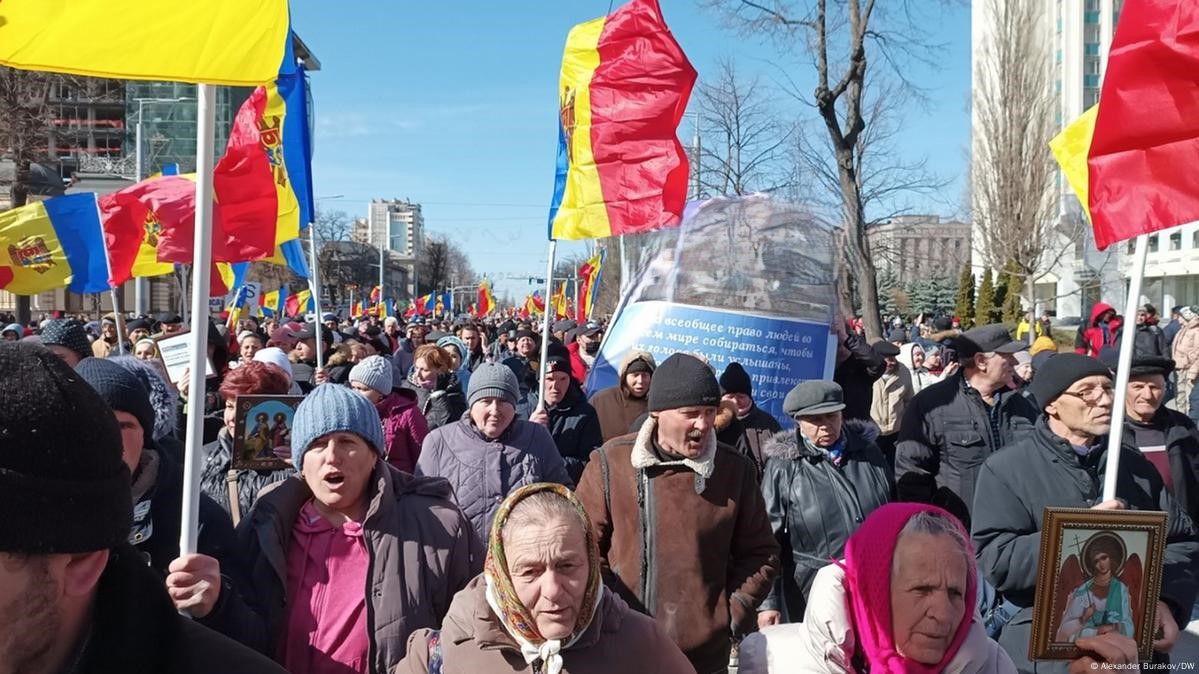Over the past week, political relations between Moldova and Russia have escalated after Chisinau announced its intention to denounce the Treaty of Friendship and Cooperation between the Russian Federation and Moldova and close the Russian Cultural Center.
This was reported by the Ukrainian Foreign Intelligence Service.
Moldovan Prime Minister D. Rechan emphasized that
"Moldova is already taking steps to implement a national security strategy, and any obligations or agreements that contradict it will be denounced."
In response, Russia has actively been fueling protest sentiments in Moldova and continues to push the narrative of the "illegitimacy" of the country's president, Maia Sandu.
Notably, in the autonomous territorial unit of Gagauzia, a congress of deputies took place, where a pro-Russian resolution was adopted, stressing that if the Moldovan government ignores legitimate demands, a referendum on the future of the autonomy will be held in Gagauzia. The document also calls for the restoration of air travel with Russia and an appeal to the Venice Commission to declare the Moldovan presidential elections illegal and approve the leader of Gagauzia, Eugenia Gutsul, as a member of the Moldovan government.
Additionally, pro-Russian politician I. Dodon announced a series of protests against the current government. He stated that the rally would be "without flags, open to anyone" and predicted that Maia Sandu "would not complete her term."
The Kremlin will certainly use Chisinau's denunciation of the Treaty of Friendship and Cooperation between Russia and Moldova in its disinformation campaign, using it as a pretext to accuse Moldova's leadership and organize protests. The goal is to destabilize the internal political situation in the country ahead of the parliamentary elections in July this year and leave Moldova in a state of political instability.





















